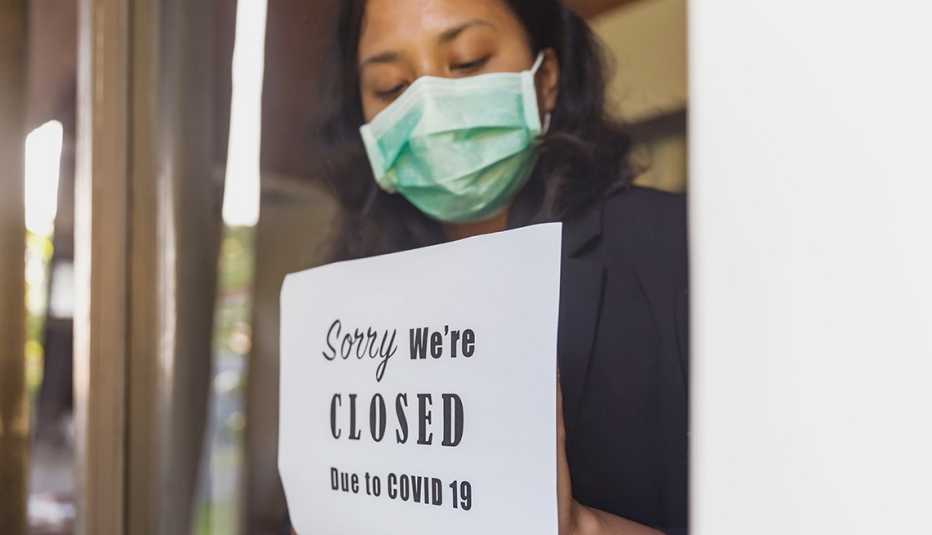AARP Hearing Center


A new $484 billion bipartisan economic stimulus law will provide additional funding to small businesses and hospitals, along with more money to expand testing for the new coronavirus that has brought the American economy to a standstill.
President Trump signed the bill today. The bulk of the money — $322 billion — will be used to replenish the Paycheck Protection Program (PPP) for small businesses created last month by the CARES Act stimulus law. The Senate passed the bill via unanimous consent on April 21, and the U.S. House of Representatives passed the bill two days later by a vote of 388-5 with one abstention.
When it was created in late March, the PPP — which is run by the federal Small Business Administration (SBA) — was designed to lend $349 billion to help small businesses retain their employees and cover other expenses during the temporary shutdowns the coronavirus pandemic has caused. If a company borrowed money through the PPP, that loan could convert to a grant if the business used most of the money to pay employees’ wages. The new bill also includes $2 billion for the SBA to cover administrative costs.
Demand for PPP loans was high, and the program ran out of money. Congress and the White House quickly began negotiating over additional funding, resulting in the bill the president signed today. The bill will provide an additional $60 billion for the SBA's Economic Injury Disaster Loan program, which also has seen high demand from businesses looking for ways to fill the gaps from the revenue lost due to the coronavirus.
To address the health care demands of the pandemic, the bill contains $75 billion in funding for hospitals, along with an additional $25 billion to research, develop and expand testing for the coronavirus, which can cause COVID-19.
Many small businesses that were unable to get loans urged the federal government to add more funding for the PPP. The PPP is particularly important because it enables businesses to keep paying workers while preventing employers from falling into bankruptcy as a result of the economic disruption caused by the coronavirus pandemic.



































































More on politics-society
How Every State's Population Ranks for Risk of Severe COVID-19 Cases
West Virginia has biggest share of at-risk adults based on age and health; Utah has smallest
How to Find Coronavirus Help in Your State
Where to go for local public health updates, food assistance and moreHow to Apply for Unemployment Benefits in Every State
Phone numbers, websites for all 50 state employment agencies, plus D.C. and Puerto Rico